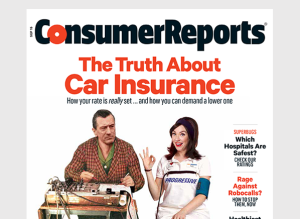 Today’s top story: There’s a new proposal in Congress to raise Social Security benefits. Also in the news: Money moves to make before the end of the year, why Millennial credit scores are on the low side, and the complete guide to refinancing your student loans.
Today’s top story: There’s a new proposal in Congress to raise Social Security benefits. Also in the news: Money moves to make before the end of the year, why Millennial credit scores are on the low side, and the complete guide to refinancing your student loans.
Congress Considers New Proposal To Raise Social Security Benefits
What could this mean for you?
20 Money Moves to Make Before the End of the Year
How to meet all of your financial obligations.
What’s Wrong With Millennial Credit Scores?
Why are they on the low side?
The complete guide to refinancing your student loans.
Get ready to crunch the numbers.
Is It Actually More Difficult to Get a Mortgage This Year?
What has and hasn’t changed since last year.



